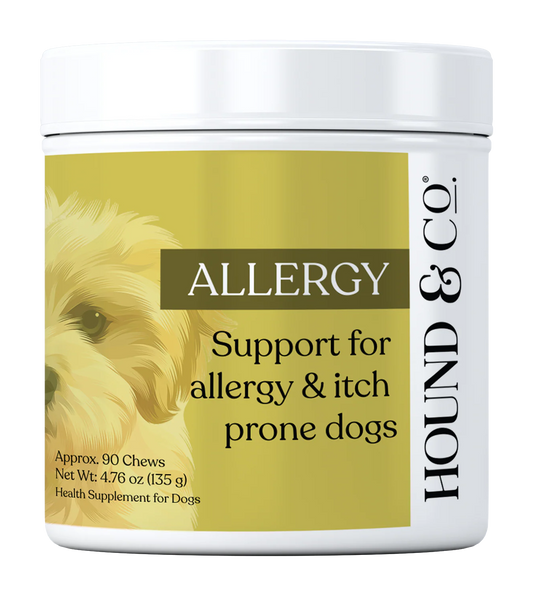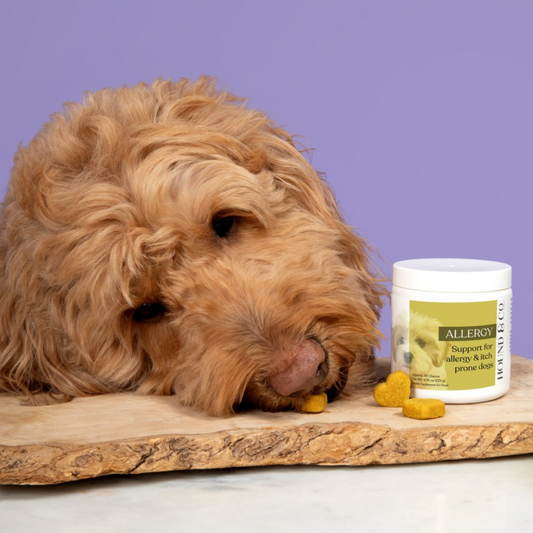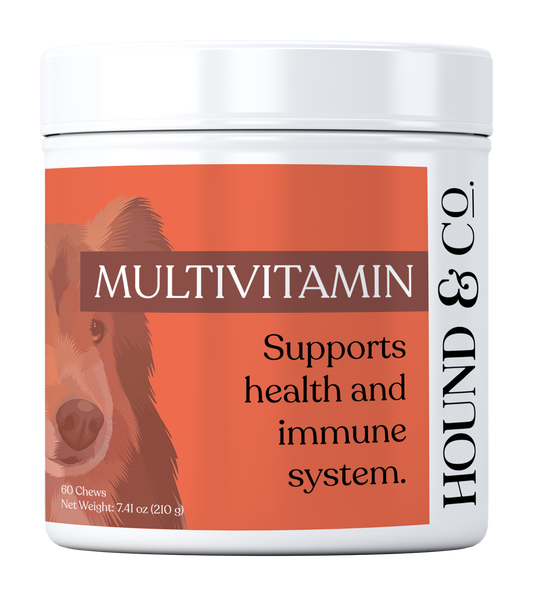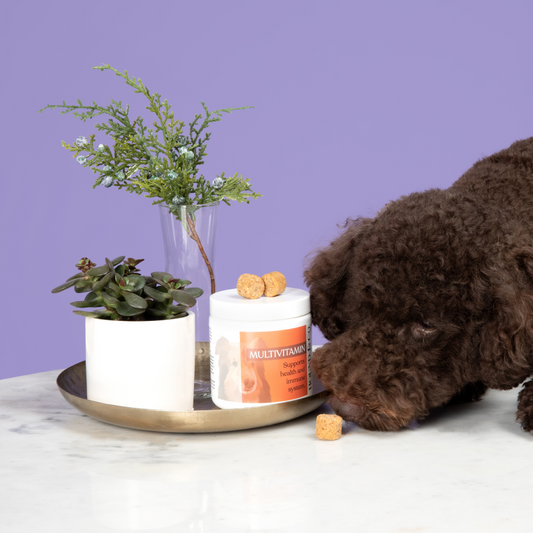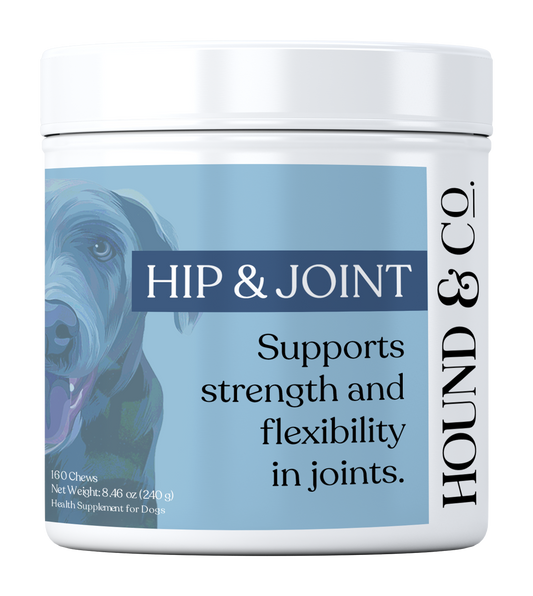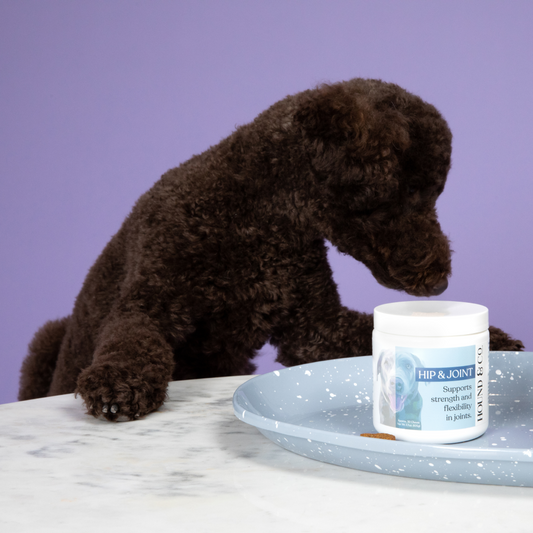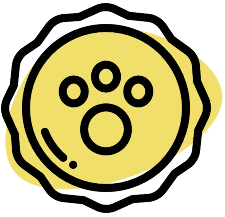The Gut-Behavior Connection: How Your Dog's Stomach Controls Their Mood

Vet Reviewed by Dr. Jacob Klos, DVM

After 15 years in practice, I've discovered something that changes everything about treating anxious dogs: their gut bacteria might matter more than their training.
The Second Brain
Your dog’s gut contains over 500 million neurons and produces 90% of their serotonin. Yes, the “happiness hormone” comes from their belly, not their brain. This gut literally manufactures emotions—and it's often called their "second brain."
The Proof That Changed My Practice
In 2023, researchers analyzed the gut bacteria of 1,000 dogs. The findings were remarkable:
- Anxious dogs had 40% less bacterial diversity
- Aggressive dogs lacked specific Lactobacillus strains
- Dogs with separation anxiety were missing key Bifidobacterium species
When they transplanted gut bacteria from calm dogs into anxious ones, 73% showed behavioral improvement within 6 weeks. No training. No medication. Just better bacteria.
Real Case: Max's Transformation
Max, a German Shepherd with severe anxiety, had tried everything—thunder shirts, CBD, Prozac. Nothing worked. A gut test revealed he had almost no Lactobacillus, which is critical for producing GABA (nature’s calming neurotransmitter).
One month after starting targeted probiotics, Max was calm during storms and relaxed when left alone. His owners cried in my office.
How Gut Problems Create Behavior Problems
Bad bacteria release toxins that trigger brain inflammation, which can lead to:
- Increased anxiety and fear
- Reduced learning ability
- Heightened aggression
- Compulsive or repetitive behaviors
In fact, dogs with digestive issues are 3.5x more likely to suffer from anxiety disorders.
What's Destroying Your Dog's Gut?
- Antibiotics: One round reduces bacterial diversity by 25%—and effects can last 6 months
- Eating the same food daily: Limits microbiome diversity
- Chronic stress: Kills good bacteria and feeds harmful strains
- Over-sanitization: Limits exposure to beneficial environmental microbes
The Strains That Matter Most
Through clinical experience, I’ve found that these strains provide the biggest behavioral improvements:
- Lactobacillus rhamnosus: Reduces anxiety symptoms
- Bifidobacterium longum: Lowers stress hormones
- Enterococcus faecium: Improves gut-brain communication
My Clinical Results
Among 200 anxious dogs I’ve treated using gut-focused protocols:
- 78% improved with gut support alone
- 65% were able to reduce or eliminate anxiety medications
- 89% of owners said their dog seemed “happier” overall
If your dog struggles with behavioral issues, start by supporting their gut. A healthy digestive system doesn’t just mean better poop—it means a more balanced, less reactive brain.
Dr. Jacob Klos has been practicing veterinary medicine for over 15 years. He serves as Chief Science Officer at Hound & Co., where he helps develop evidence-based supplements that support whole-body canine wellness.







